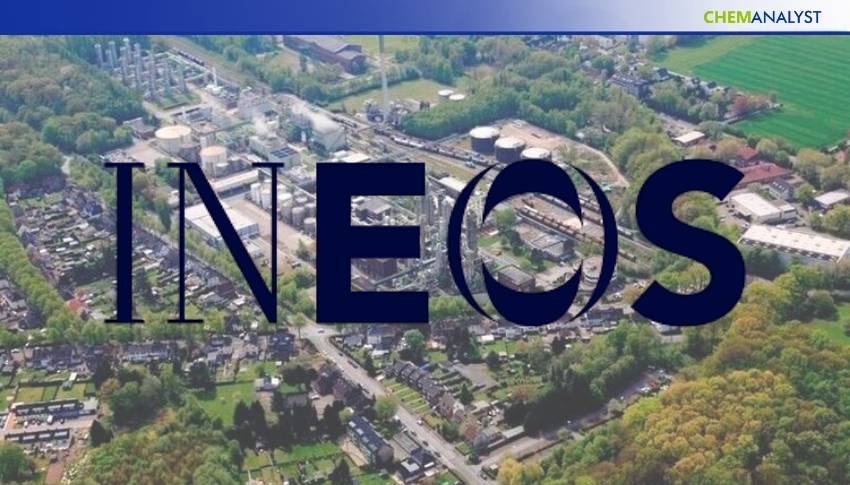Welcome To ChemAnalyst

INEOS Phenol plans to permanently close its Gladbeck site in Germany due to uncompetitive European energy costs and strict CO2 tax policies. The aging plant faces declining local demand and high investment needs. INEOS remains committed to the global phenol market but warns of continued deindustrialization without regulatory reform.
INEOS Phenol, the world’s largest manufacturer of phenol and acetone, has announced its intention to permanently cease operations at its production site in Gladbeck, Germany. This decision stems from the mounting pressure of excessively high energy prices in Europe, compounded by stringent carbon taxation policies. These factors have rendered European operations increasingly uncompetitive, especially in comparison to imports from China and amid a global oversupply of phenol and acetone.
Following a comprehensive strategic evaluation, the company concluded that continuing operations at the Gladbeck facility is no longer viable. The plant, which has been operational since 1954, now faces dwindling local demand due to the relocation of numerous downstream consumers outside Europe. This decline, coupled with the requirement for substantial future investments to keep the facility functional, has pushed the company toward the decision to close.
Sir Jim Ratcliffe, Chairman of INEOS, criticized European energy and environmental policies, stating, “This is the consequence of Europe’s total lack of energy competitiveness and the blind devotion to carbon taxation, which is leading to a mass deindustrialisation across the continent. Gladbeck is not the first and will definitely not be the last unless the regulators wake up and take action.”
INEOS Phenol plans to initiate consultations with the site’s works council, employees, suppliers, and customers to ensure that the closure process is handled in a safe, responsible, and legally compliant manner. While the company is withdrawing from the Gladbeck site, it emphasized that it remains committed to the global phenol and acetone market and will continue to support its customer base worldwide.
This decision marks a significant development in the broader context of European industrial decline, highlighting the challenges manufacturers face due to rising operational costs and regulatory burdens. The planned shutdown of Gladbeck underscores the urgent need for policymakers to reassess their approach to energy and carbon pricing if they wish to retain industrial capacity within Europe. Without such action, more companies may be compelled to shift operations abroad, exacerbating the trend of deindustrialization across the region.
INEOS's move sends a strong signal about the impact of policy decisions on industrial competitiveness and the long-term sustainability of domestic production capabilities in the EU. It also raises broader concerns about Europe's ability to retain high-value manufacturing industries in the face of rising global competition and stringent environmental regulation.
The INEOS Phenol plant at Gladbeck, with an impressive annual production capacity of 650,000 tonnes, stands as one of the largest facilities of its kind globally. The site directly employs 279 people and indirectly supports over 1,500 additional jobs, highlighting its significant economic contribution. The phenol and acetone produced at the plant are vital raw materials used in a wide range of applications. These include components such as front and rear light clusters for automobiles, essential resins for printed circuit boards and wind turbine blades, resins used in the production of automotive brake pads, and solvents widely utilized across various sectors of the manufacturing industry.
We use cookies to deliver the best possible experience on our website. To learn more, visit our Privacy Policy. By continuing to use this site or by closing this box, you consent to our use of cookies. More info.
